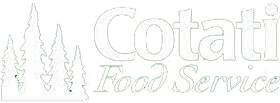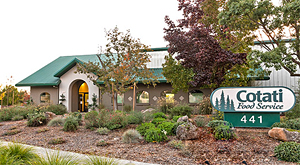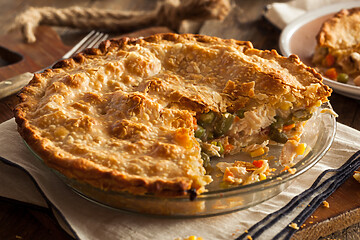In the United States, one in ten adults have a food allergy. Additionally, according to a 2019 study by Food Allergy Research & Education (FARE), insurance claims associated with diagnoses of anaphylactic food reactions increased a staggering 377% over a ten year period.
 Neglecting food allergies in the hospitality business can be a dangerous and costly mistake. Most of the laws that regulate restaurants are specific to the state. For example, Illinois requires at least one manager who is trained in food allergen safety to be on-duty at all times, while New York simply requires posters with food allergy information posted publicly.
Neglecting food allergies in the hospitality business can be a dangerous and costly mistake. Most of the laws that regulate restaurants are specific to the state. For example, Illinois requires at least one manager who is trained in food allergen safety to be on-duty at all times, while New York simply requires posters with food allergy information posted publicly.
It is crucial that all food service providers take every possible measure to mitigate this risk.
Training Your Staff
Making sure your staff is trained on identifying food allergens, cross-contamination prevention, and what to do if a customer has an allergic reaction is crucial.
A few of the steps include:
- Ensure tables, chairs, menus, salt & pepper shakers are clean and sanitized
- Educate servers to know ingredients used in each item
- Communicate with managers and chefs to heighten awareness around customers with food allergies
Food Preparation Practices
The chefs and cooks should also know how to prepare and cook for food allergies to reduce cross contact.
- Change aprons, wash hands, sanitize prep surfaces
- Insert foil between food and grill for a barrier
- Use separate fryers with clean grease
- Separate utensils, plates, and glassware
To read more about this important and relevant topic, including regarding incident response measures and insurance protection, you can find the article here.


